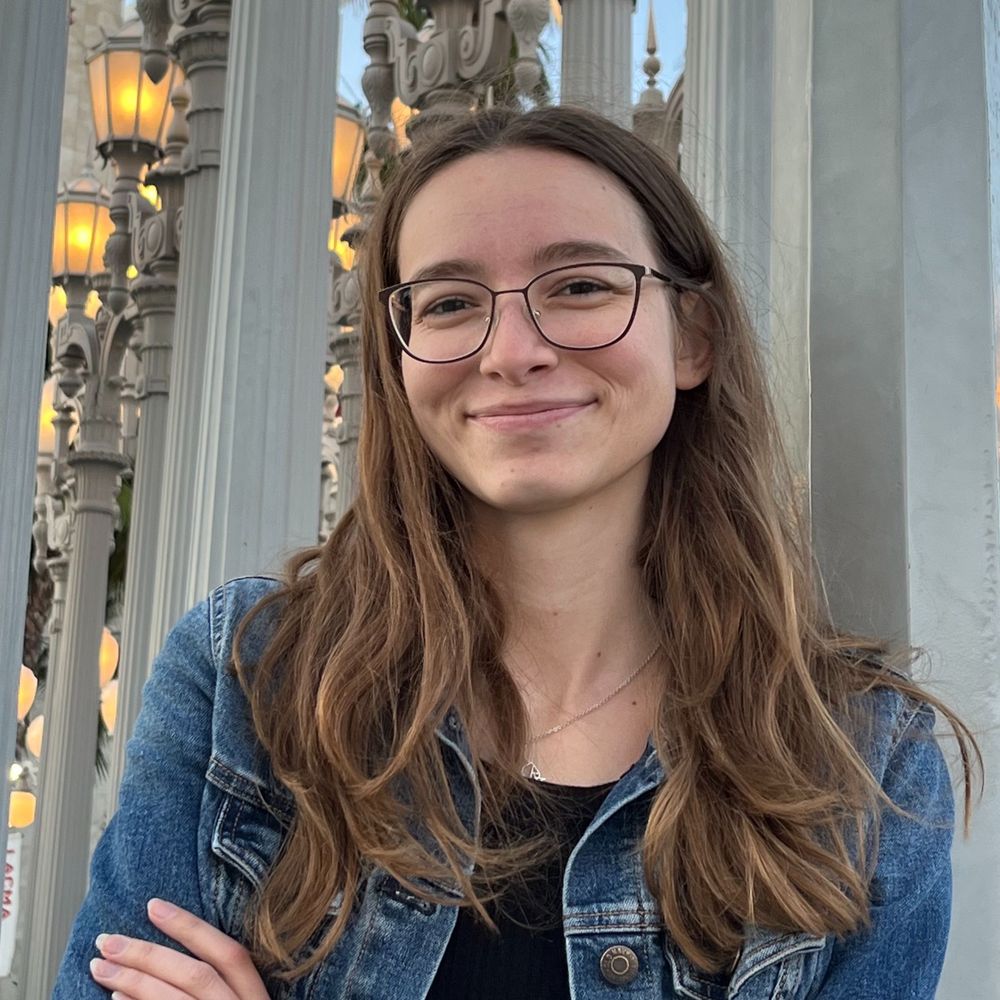
The Winchell Lab site is undergoing a (long-overdue) website overhaul. Thank you for your patience as we update.
About Us
Ecology & Evolution in a
Changing World
Our research group is broadly interested in leveraging “natural experiments” in the real world to explore fundamental ecological and evolutionary processes. Focusing on drastic and rapid environmental change, our research explores the myriad synergistic impacts that humans have on the course of evolution and what that means for the future of life in the Anthropocene.
Research Overview
Our research explores responses of wildlife to a changing world in New York City & beyond
Our research explores responses of wildlife to a changing world in New York City & beyond
Evolutionary Ecology
We study ecological and evolutionary patterns and processes with an integrative approach that combines field observations, studies of phenotypic change and their functional consequences, and genomics.
Biodiversity & Conservation
We aim to understand how human activities impact patterns of biodiversity in order to inform conservation and sustainable development.
Global Change
We focus on urban environments as a globally replicated novel environment that challenges organisms in unprecedented ways and the synergistic effects of invasive species. Our work seeks to predict the future of wildlife in our changing world.
Endless forms most beautiful and most wonderful have been, and are being, evolved.
-Charles Darwin
Meet Our Lab
Postdoctoral Researchers
Graduate Students
Undergraduate Students


















Learn more about our ongoing projects

Urban Ecology & Evolution in Anolis
Anole lizards are remarkably adaptable. We study the morphological, physiological, and behavioral changes that arise in cities to understand why and how some species thrive in these novel ecological landscapes while others are excluded. By exploring the genetic underpinnings of adaptations, we aim to understand how phenotypes can be rapidly altered in response to strong selection pressures.

Urbanization & Invasive Species
Urban ecological communities often have an overabundance of invasive species. We want to know why that is. By studying the ecology and evolution of urban invasive species, we aim to understand how urbanization facilitates biological invasions and how adaptive evolution can occur despite severe bottlenecks that reduce genetic diversity.

Convergent Responses to Global Change
Ecosystems are being drastically altered by human activities worldwide, creating environmental changes with which all species must contend. From pollution to light at night, urban heat, and chronic stress, many of these changes are replicated on a global scale, begging the question: Do different species respond in the same way to environmental stress? We aim to answer this question by studying diverse species: invertebrates, reptiles, amphibians, birds, and mammals.

Biodiversity in NYC
In the biggest metropolis in the United States, over 8 million people call the city home along with millions of wild animals, from bees to coyotes, and everything in between. Surprisingly, we know relatively little about which species call NYC home along with us, or what it takes for them to survive here. Through biodiversity surveys, environmental measurements, and ecological niche modeling, we seek to understand the incredible biodiversity of NYC in order to ensure it persists.
Recent Publications

A picture is worth a thousand dollars: A photographic approach to studying color in anoles
Biological Journal of the Linnean Society
Lab Alumni

M.S. 2025, Current: PhD student at NYU

M.S. 2025

B.S. 2025, Current: Veterinary School

B.S. 2025, Current: PhD student at U. Chicago

SURP student 2024 (B.S. 2025)
Current: M.S. Student at SUNY Stonybrook

B.S. 2024, NYU Shanghai
M.S. Imperial College London 2025, Current: PhD student at UNC

B.S. 2024, Current: Conservation field technician

B.S. 2023, NYU Shanghai
Current: M.S. student

B.S. 2025, Current: Audubon field technician

B.S. 2025

B.S. 2025

B.S. 2025

B.S. 2023

Visiting Researcher (2023-24)

Junior Research Associate (2023-24), Current: Medical School















